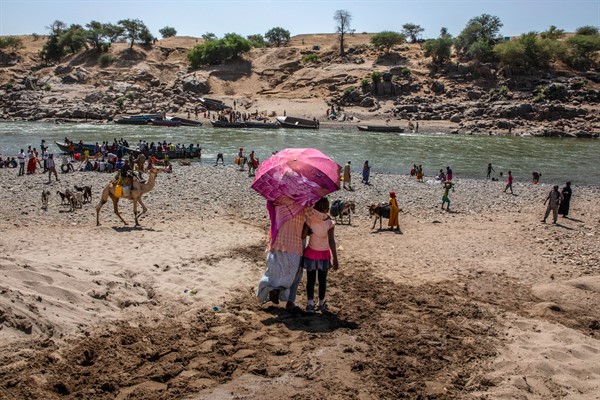President Joe Biden’s foreign policy team arrived in Washington amid a mounting humanitarian emergency in the Horn of Africa, as the Ethiopian government continues its monthslong military campaign against the northern Tigray region. The crisis is an early test of the Biden administration’s ability to balance its global advocacy for democracy, human rights and the rule of law against its strategic interests in a vital yet unstable region.
A once-promising liberal reformer and Nobel Peace Prize winner, Ethiopian Prime Minister Abiy Ahmed launched a military offensive on his political opponents in Tigray last November in response to reported attacks on a federal government military outpost by the Tigrayan People’s Liberation Front, then the regional ruling party. Abiy declared victory in the conflict weeks later, after capturing the Tigrayan capital, Mekelle, but sporadic reports from the region indicate ongoing hostilities between Ethiopian troops and remnants of the TPLF. The conflict has also become increasingly marked by reports of atrocities and war crimes—deeply damaging Abiy’s credibility in the eyes of the international community.
In just 10 weeks of fighting, more than 60,000 refugees fled into neighboring Sudan and up to 2 million more were internally displaced, while untold numbers are being denied life-sustaining assistance in what Abiy has continued to term “a law and order operation.” As a result, a once-reliable U.S. partner—Ethiopia mediated peace agreements in South Sudan, helped usher in a transition to civilian rule in Sudan, and has shouldered the heavy burden of supplying troops to the African Union peacekeeping mission in Somalia—is now betraying its own commitment to democracy and the rule of law.

